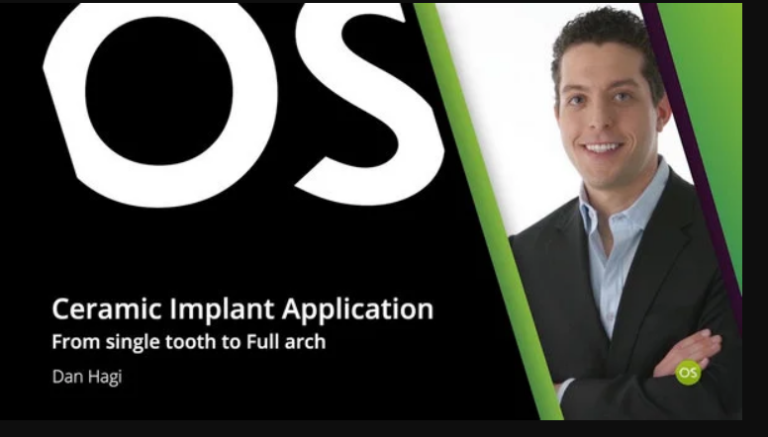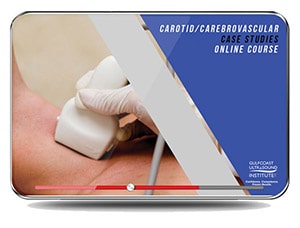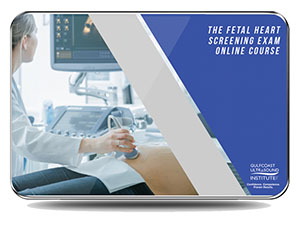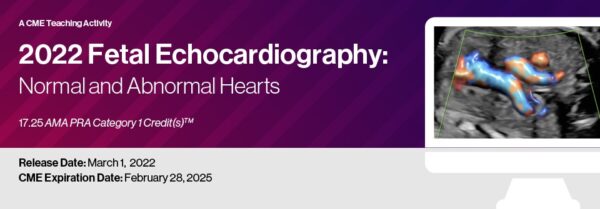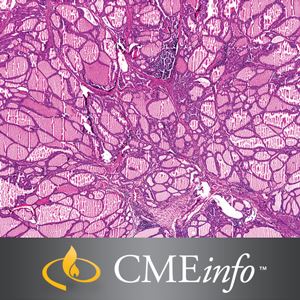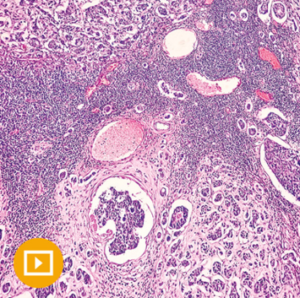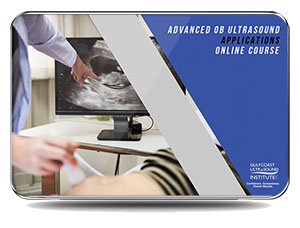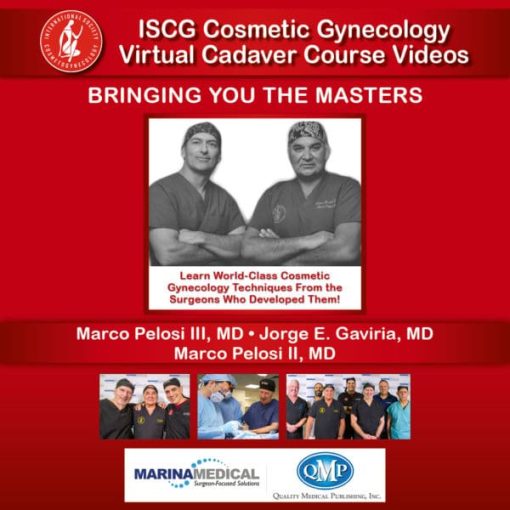[
USCAP Contemporary Issues in Breast Pathology 2022
USCAP Contemporary Issues in Breast Pathology 2022 This course will provide a comprehensive review and update of the pathologic diagnosis and clinical significance of benign, in situ and malignant lesions of the breast identified in surgical specimens and core needle biopsies. The most current adjunctive immunohistochemical and molecular studies to assist in the diagnosis and classification of benign and malignant breast lesions and to guide patient management will be emphasized.
- The course format will feature a combination of lectures, interactive microscopy sessions, and a digital slide review.
Target Audience
Practicing academic and community pathologists, and pathologists-in-training
Learning Objectives
Upon completion of this educational activity, learners will be able to:
- Describe the diagnostic criteria and clinical significance of a variety of benign, in situ and malignant breast lesions encountered in surgical specimens and core needle biopsies
- Discuss differential diagnostic problems in breast pathology and the uses and limitations of ancillary immunohistochemical and molecular tests in arriving at the correct diagnosis
- Discuss prognostic and predictive assays in patients with breast cancer
Program :
Items Included in the Purchase of this Course
- Inflammatory and Reactive Lesions, Contemporary Issues in Breast Core Needle Biopsies – Laura C. Collins, MD
- Low Grade Triple Negative Neoplasms & Classification and Management of LCIS – Stuart J. Schnitt, MD
- Diagnostic Agreement in Breast Pathology, Intraductal Proliferative Lesions, & Current Guidelines for ER, PR and – – HER2 Testing – Kimberly H. Allison, MD
- Challenging Fibroepithelial Lesions & Problematic Papillary Lesions – Edi Brogi, MD, PhD
- New Breast Cancer Prognostic and Predictive Factors & Spindle Cell Lesions – Ashley M. Cimino-Mathews, MD
- Pathologic Evaluation of Specimens After Neoadjuvant Therapy & Mucinous Lesions – Hannah Y. Wen, MD, PhD
- Digital Slide Review with ARS – Laura C. Collins, MD and Stuart J. Schnitt, MD
- Panel Discussion and Q & A
]


